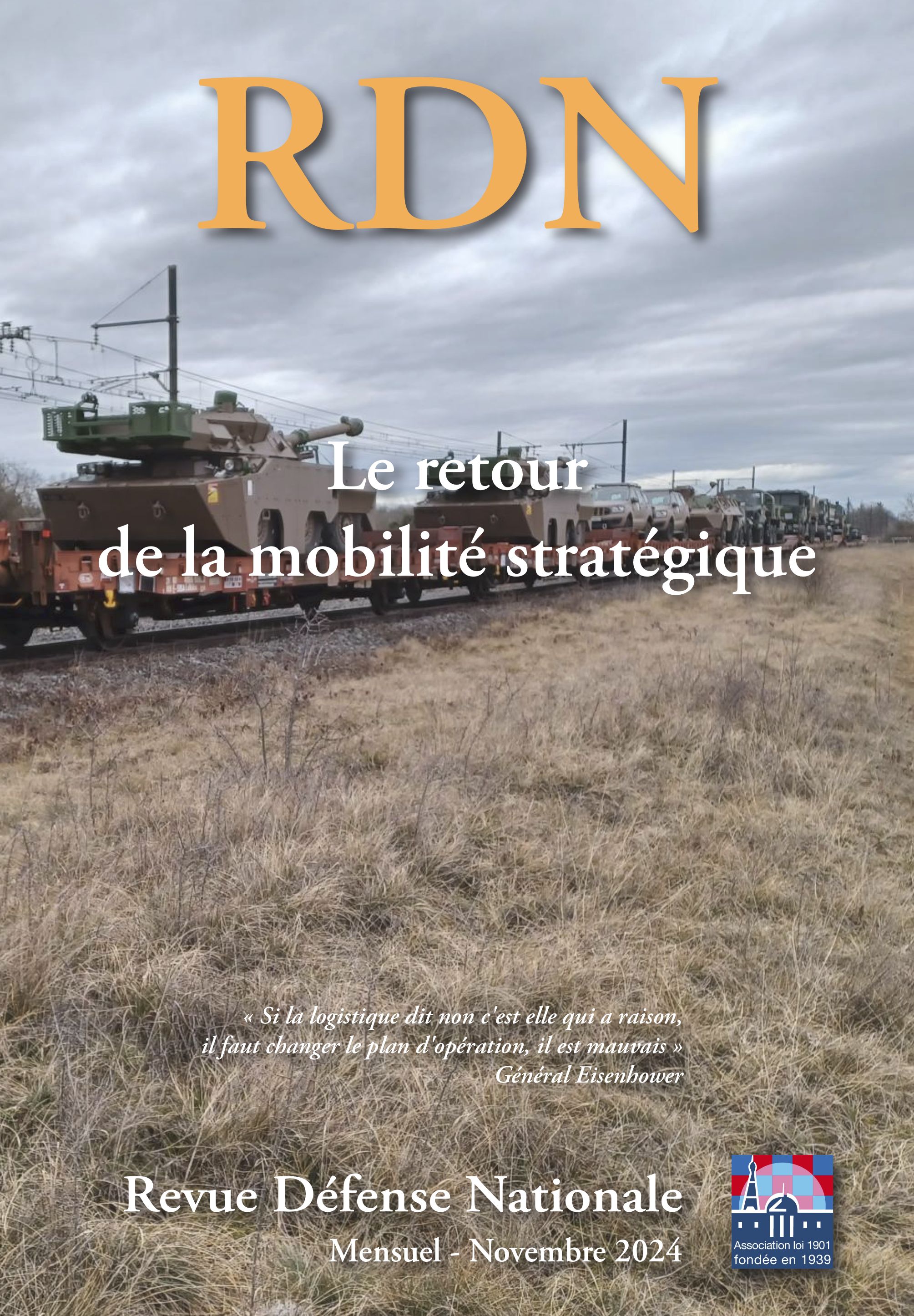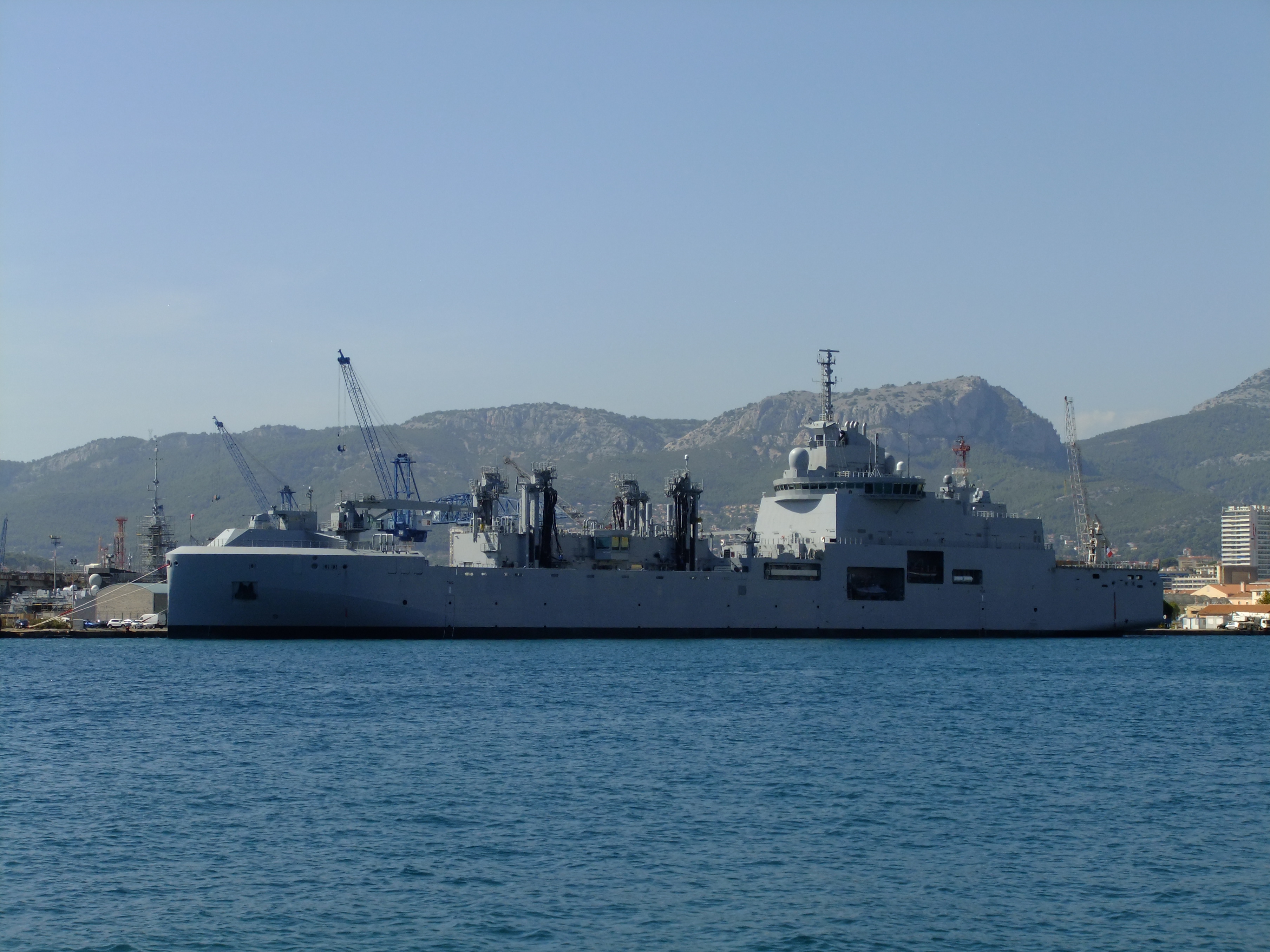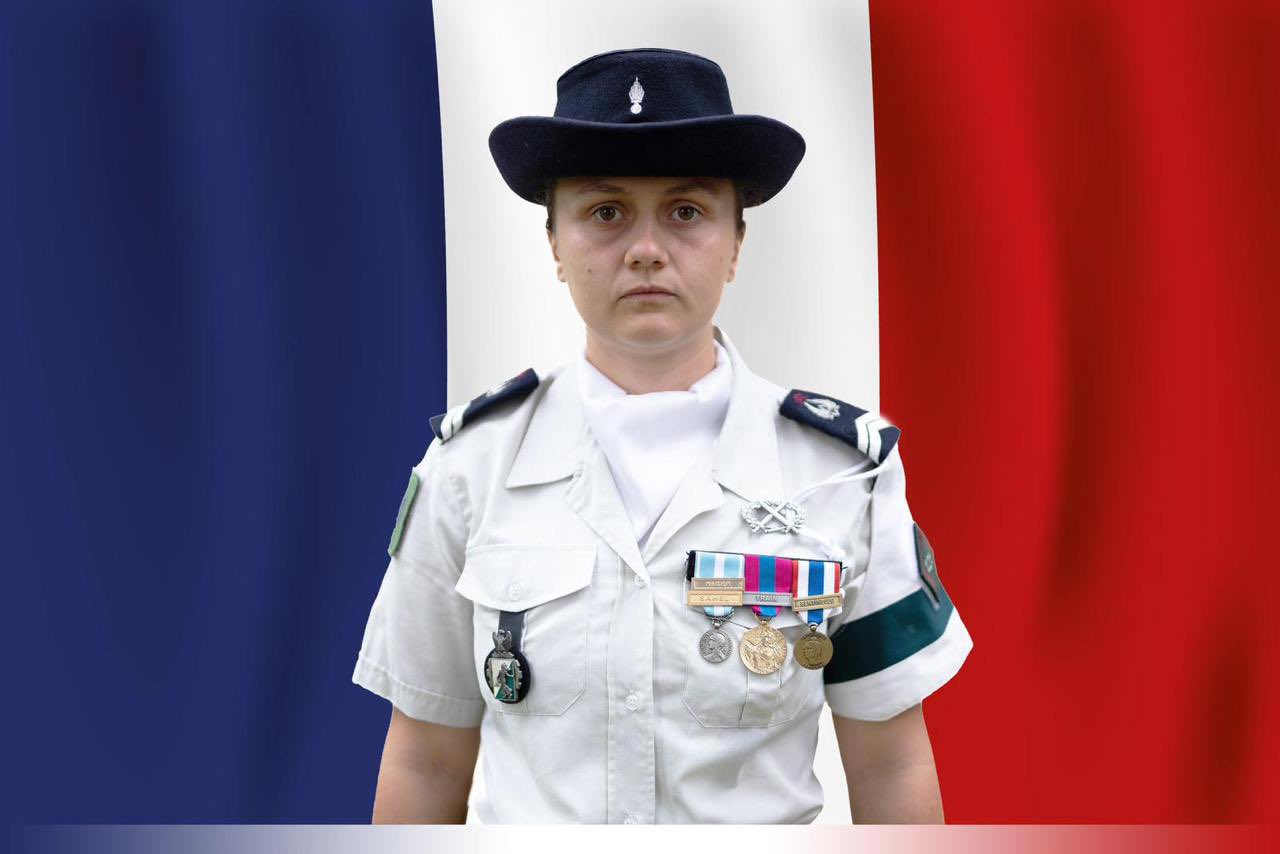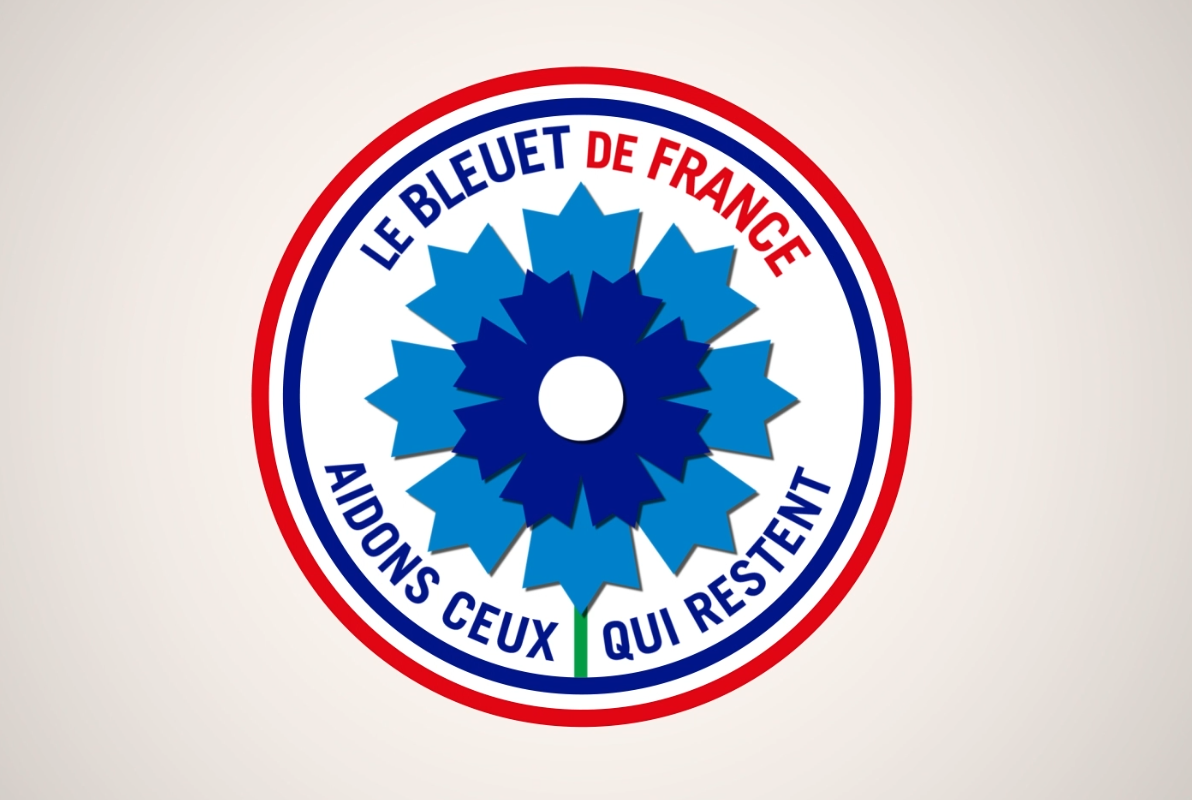Editorial
War has returned to central Paris. Not terrorists, nor university students hurling paving stones nor even under-privileged young men from the outskirts smashing shop windows or torching cars. Rather, the question is one of appellation: the name of the Paris-based Collège Interarmées de Défense (CID—Joint Services Defence College) has reverted to École de Guerre, the War College. Speaking in that college in January this year, the then Minister for Defence, Alain Juppé, listed the aims of this change: to reaffirm the special place occupied by the military in society, to link up with the tradition of excellence established by previous schools, to give the college a heightened profile in the community’s subconscious and to signal that joint-services operation is now the norm. And this journal will continue to provide a forum for debate on the changing nature of warfare, just as demanding today for soldiers in Afghanistan as in previous conflicts, and public awareness of the very special profession of arms.
The fundamentally different views of war held in the West and in Asia are considered by Fabrice Jaouën in this issue through a fresh look at Sun Tzu’s philosophy. In particular he points out the constraints that face democracies, such as legality and justice, but also discusses solutions, suggesting that we should study alternative ways of thinking. The article of the Treaty on European Union dealing with permanent structured cooperation in security and defence was endorsed in the Lisbon treaty, but has so far had little impact. Jacques Favin Lévêque proposes that it could be taken forward by gradual cooperation, starting with a core of member states and coordinated by the European Defence Agency. The third article in the English edition this month concerns the NATO-Russia relationship. Echoing Winston Churchill, Didier Piaton’s theme is that Russia is complex and we have to deal with it. There is still some distrust of Russia within NATO countries: as the Secretary General of the Alliance stated some months ago, the time has come for a common view on how to approach Russia. Although most Western countries oppose Russia’s idea of a European security treaty, there is no obstacle to Russia’s membership of NATO in the North Atlantic Treaty.
Next month a new editor of the English edition of Revue Défense Nationale will be writing in this space, so here is a parting comment. Being one of the two most active and capable European countries when it comes to security and defence, France matters. And so the views of French writers in this field should be of interest to the rest of the world. Nearly five and a half years ago we decided to publish an English edition, but during that time we have received just one comment from a reader. That is intriguing but also slightly disconcerting, as publishing without feedback is rather like shouting into a vacuum. We realise that out journal is not one of the big hitters in the field. We have no way of knowing whether our authors are entirely representative of informed opinion in France, but given their academic, legal, political, defence or industrial background there must be a fair chance that they do reflect some common strands of thought. Our list of subscriptions is not long, but our website is regularly visited. So why no comments? Could it simply be that the ether is so awash with information that we are too low a priority? Whatever the reason, we will be able to provide a better service if we know what you think of our product: praise us or condemn us, but speak to us!







